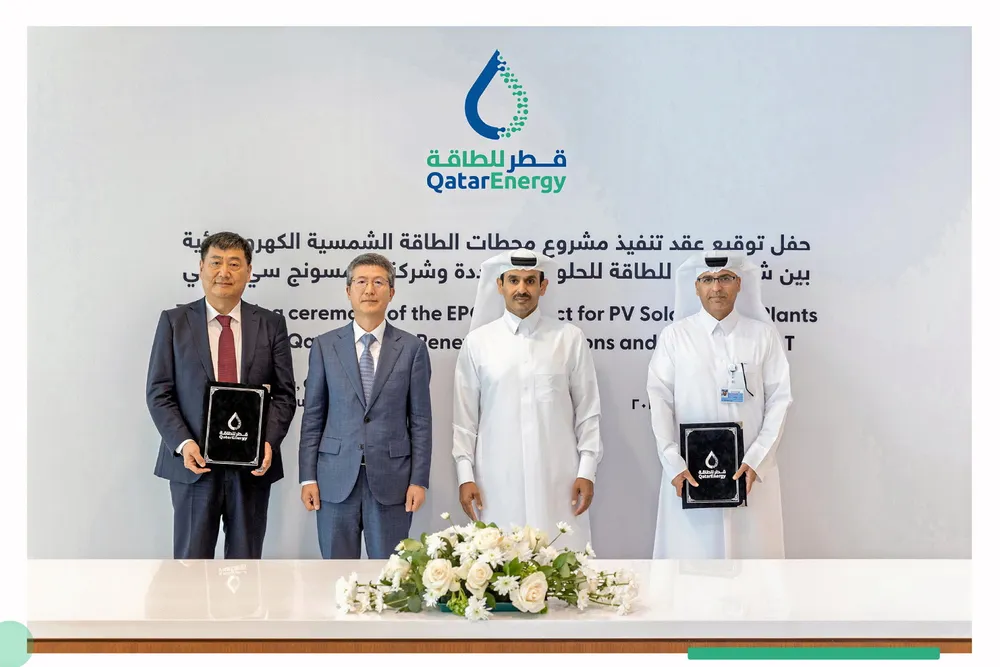QatarEnergy awards solar power plant contract to South Korean giant
The $630 million IC Solar project will result in direct emissions reduction of more than 28 million tonnes of CO2 over its lifetime

The $630 million IC Solar project will result in direct emissions reduction of more than 28 million tonnes of CO2 over its lifetime
